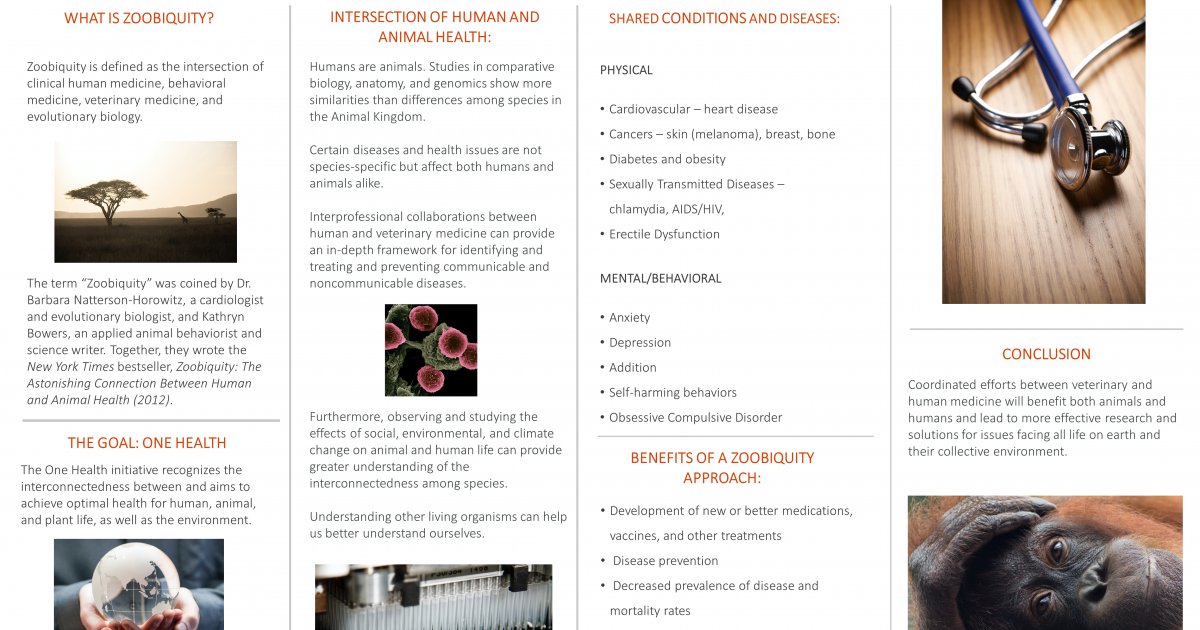Top Suggestions On Choosing Treatment For Cushings Disease In Dogs
Wiki Article
What Are The Most Common Medical Issues For Animals?
Medical issues in animals can differ based on the species, age, and overall health of the particular animal. Animals can suffer from various medical conditions.
Parasitic Infections- Fleas, ticks, worms, and mites can infest animals, leading to a myriad of health issues. Regular parasite checks and prevention is essential. Skin Conditions: Skin issues such as dermatitis, allergies or hot spots could cause discomfort and irritation to pets.
Ear Infections- Ear infections are common among dogs and cats, especially those with floppy ears, and can lead to irritation and hearing issues.
Dental Issues: Dental problems such as periodontal diseases and tooth decay could negatively impact the overall health of animals.
Respiratory Diseases - In stressed or overcrowded environments animals may suffer from upper respiratory illnesses (pneumonia and bronchitis) as well as pneumonia.
Joint problems or arthritis Certain large breeds and even older animals can suffer from arthritis. This could cause pain and reduced mobility.
Overweight pets are at greater risk for heart disease, diabetes, and joint issues.
The effects of food allergies, infection or other medical conditions may cause vomiting, diarrhea and other digestive problems.
Cancer- In addition, animals can develop cancer. This may be treated through surgery, chemotherapy, or radiation.
Injuries and Wounds - Injuries and wounds from fights, accidents or falls can lead to soft tissue injuries, such as fractures. This requires medical treatment. Regularly scheduled veterinary exams as well as vaccinations for parasites and a healthy diet can prevent the development of these ailments. In addition, if your pet shows symptoms of discomfort or illness, you should seek medical attention immediately. Take a look at the Best pet brain supplements for blog advice.

What Are The Most Potent Vitamins, Probiotics Or Supplements For Dogs And Cats?
The choice of vitamins, probiotics, and supplements for dogs should be determined by your dog's specific needs as well as any recommendations from your vet. It is essential to provide your dog a healthy and balanced diet. However, certain dogs may benefit from supplements. Here are some common supplements for dogs and their benefits
Antioxidants- Antioxidants like vitamin C and vitamin E aid in protecting the cells of your dog from oxidative stress and support the immune system. Calcium and Vitamin D: These nutrients are vital to maintain healthy teeth and strong bones particularly for large breed dogs as well as puppies.
Fiber Supplements - For dogs who suffer from digestive issues such as constipation or diarrhea, soluble fiber supplements can aid in controlling bowel movements.
Green-Lipped mussel extract - This supplement contains omega-3 fatty acid and is a great way to reduce joint inflammation in dogs with arthritis.
Coenzyme Q10 (CoQ10) is an antioxidant that may help promote heart health, and the production of energy by cells.
Milk Thistle- This herb is used to improve liver health and could be beneficial to pets with liver problems or taking medications that affect the liver.
Make sure to consult your veterinarian before you give your dog any supplements. They can offer advice specifically tailored to the needs of your pet. The dosage of supplements can differ based on the dog's size, age, and health condition. Over-supplementation can be risky. It's also important to select supplements from brands you trust. If you observe any unusual symptoms or reactions, consult your veterinarian immediately. A well-balanced and veterinarian-recommended diet is typically the best way to meet your dog's nutritional needs, and supplements should only be used when necessary and under professional guidance. Best of the finest pet herbal supplements for dogs with heart problems for blog recommendations.

What Are The Most Common Allergies To Yeast, Skin And Kidney Failure In Dogs? What Treatment?
These ailments can affect dogs in a variety of ways, dependent on their breed age, general health and more. Here's an overview of these ailments, their prevalence, and the possible treatment options-
Kidney Failure Renal Disease- Prevalence - Although less common than skin issues kidney problems, kidney failure is a possibility for dogs. This is especially the case when they get older. It can be acute (sudden onset) or chronic (developing slowly).
Signs and symptoms may include increased thirst and urination, decreased appetite, weight loss, lethargy, and changes in urination (excessive or decreased urine).
The treatment is contingent on the nature of kidney disease. Acute kidney failure can be treated by intensive care and hospitalization. Chronic kidney disease is treated with diet changes, medication to control blood-pressure and treatment of kidney function. The early detection and treatment is vital because it's a disease which progresses.
Despite the fact that these diseases can affect dogs, not every dog is affected. The frequency of these ailments can vary from breed to breed and dogs. Regular veterinary exams and a balanced diet and preventative measures like flea control and proper sanitation could assist in reducing this risk. You should consult your veterinarian for a precise diagnosis of any medical issues that might impact your dog, for example the presence of skin allergies or kidney disorders. Early intervention can result in better outcomes and improved the quality of life for your pet. Take a look at the best pet stamina support supplements for website recommendations.
